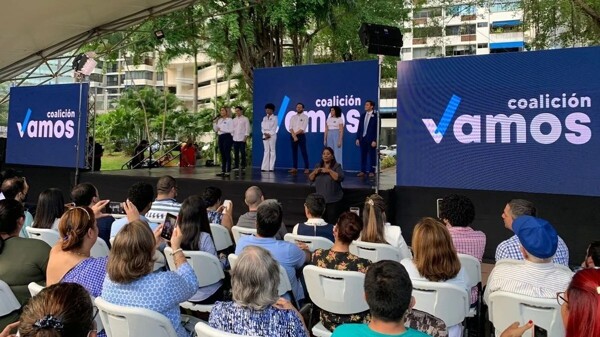Lawyer and political analyst Moisés Bartlett has expressed his views on the right to protest, considering it a universal principle and a constitutional guarantee. However, Bartlett questions the use of a hospital construction area and its surroundings as a "trench," exceeding the limits of peaceful protest and affecting individuals on a personal level. He states that such actions are not tolerable in a democratic system and that the extremes must understand the workings of democratic life.
Bartlett has also called on law enforcement to act within constitutional limits when protecting the life, honor, and property of citizens. He emphasizes the importance of repelling blockades and ensuring free transit being carried out with prudence and proportionality. Furthermore, he highlights the need to differentiate between the fight against dictatorships and abuses of the right to protest in a democratic system, stressing that extremes are harmful to the system.
Regarding citizens' grievances and claims in democracy, Bartlett insists that they are legitimate as long as the democratic system is respected. He warns that any attempt to destabilize the country and create chaos should not be accepted. Additionally, he calls on the Public Ministry and the administration of justice to act transparently to ensure a fair application of the law.
Lawyer Juan Carlos Araúz also emphasizes that protesting is a right, but violent acts must be investigated, and anyone who breaks the law will face consequences. He highlights the importance of individual responsibility in these scenarios and that each case must be analyzed in accordance with the relevant legal processes.
Following the violent protests, more than 480 detainees are being taken to the Casa de Paz in Calidonia, while others will appear before a guarantor judge in the Accusatory Criminal System. In summary, lawyers emphasize that protesting is a right, but violating the law entails consequences, and any criminal act must be analyzed within the framework of the rule of law.













